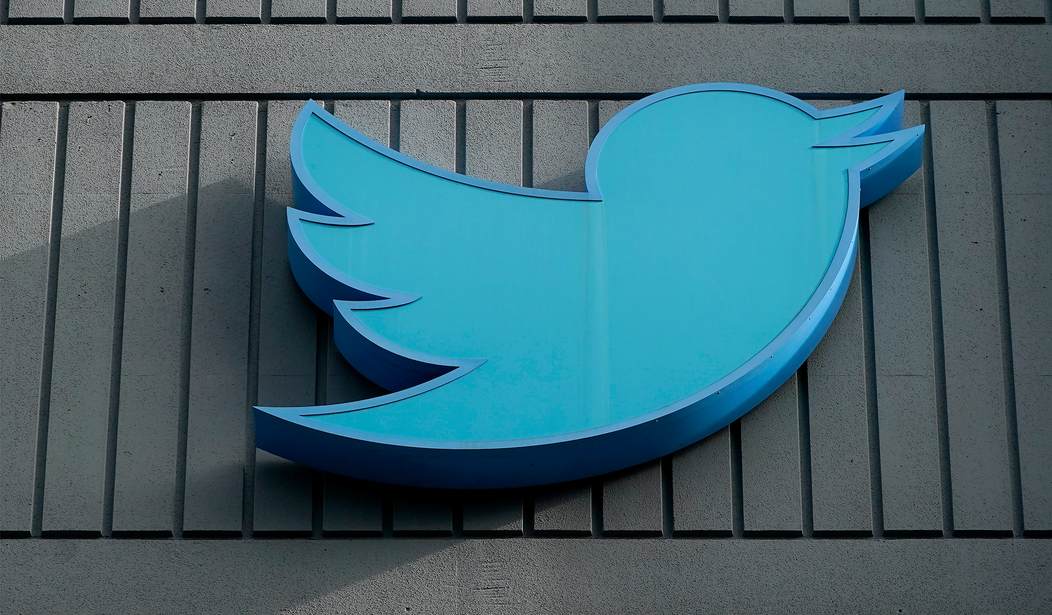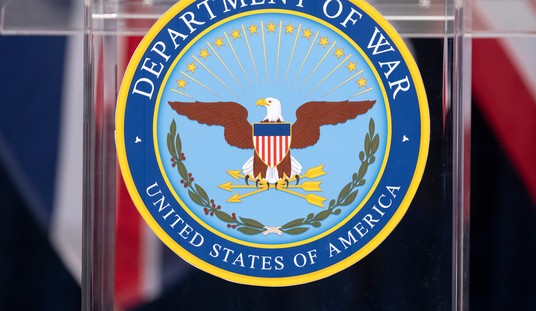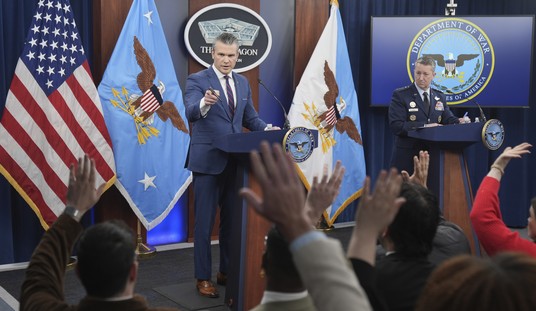Twitter Files Part 8 was released on Tuesday by journalist Lee Fang and it revealed the support that Twitter had given to Pentagon psyops.
Fang said that despite Twitter’s promise to shut down covert state-run propaganda networks, Twitter documents reveal that Twitter “directly assisted the U.S. military’s influence operations.”
2. Twitter has claimed for years that they make concerted efforts to detect & thwart gov-backed platform manipulation. Here is Twitter testifying to Congress about its pledge to rapidly identify and shut down all state-backed covert information operations & deceptive propaganda. pic.twitter.com/2H2Sf49Xff
— Lee Fang (@lhfang) December 20, 2022
Except while they were saying that, they still “gave approval & special protection to the U.S. military’s online psychological influence ops,” according to Fang. “Despite knowledge that Pentagon propaganda accounts used covert identities, Twitter did not suspend many for around 2 years or more. Some remain active,” he said.
A U.S. Central Command (CENTCOM) official sent Twitter a list of 52 Arab language accounts “we use to amplify certain messages.” Fang reported that six of the accounts got priority service, with verification for one & “whitelist” abilities for the others (meaning they weren’t subject to spam/abuse tags and were more likely to trend and be visible. They were mostly focused on the Middle East and military issues. 157 other similar accounts were added subsequently.
9. For example, Twitter lawyer Jim Baker mused in a July 2020 email, about an upcoming DoD meeting, that the Pentagon used “poor tradecraft” in setting up its network, and were seeking strategies for not exposing the accounts that are “linked to each other or to DoD or the USG.”
— Lee Fang (@lhfang) December 20, 2022
There was Twitter discussion that they may want to retroactively classify things to cover what had gone down.
10. Stacia Cardille, another Twitter attorney, replied that the Pentagon wanted a SCIF & may want to retroactively classify its social media activities “to obfuscate their activity in this space, and that this may represent an overclassification to avoid embarrassment.” pic.twitter.com/lTNshDKOBv
— Lee Fang (@lhfang) December 20, 2022
Some of the accounts were exposed in a Stanford Internet Observatory report in August 2022 and were taken down. But Twitter’s role didn’t come out.
While these specific revelations seem to show psyops involving the Middle East, they again raise the question of the close nature of the government and Twitter, that they frequently seemed to be operating hand-in-glove, and whether this went beyond Middle East psyops as well. When you open the door, you can let a whole lot of things in. And after all we’ve seen so far with the Twitter files, nothing would surprise me.














Join the conversation as a VIP Member